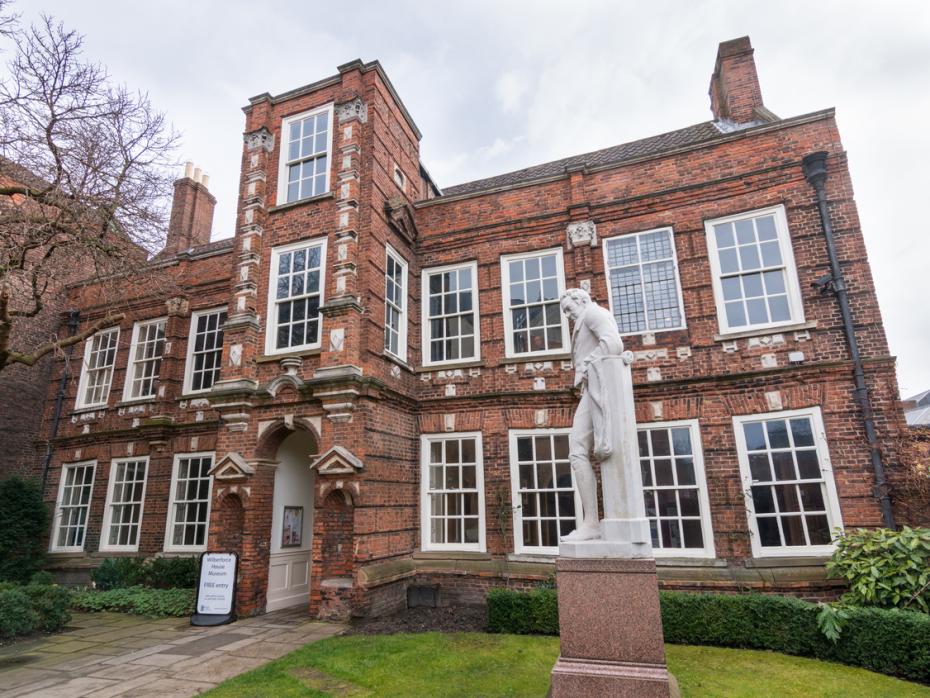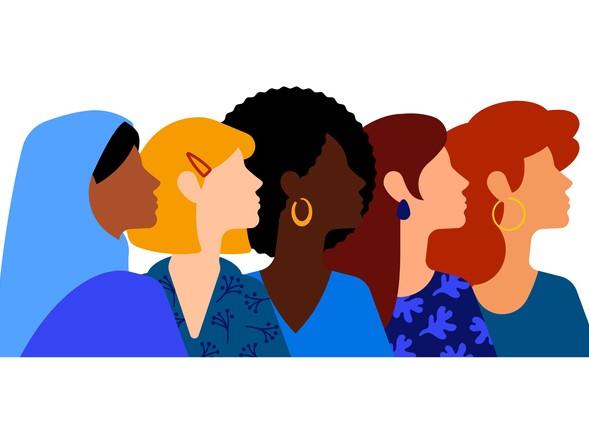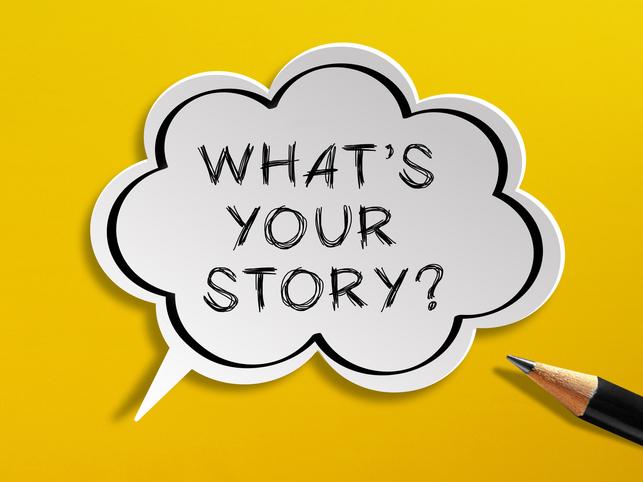
A model of authentic knowledge exchange to advance social inclusion

You may also like
Since the Black Lives Matter debates of 2020, racial injustice has continually been in the media. It should be. Despite attempts by universities and other public bodies such as museums, libraries and archives to become more representative of the communities they serve, too many institutions remain dominated by white voices.
In 2022 the University of Hull and Hull Museums joined forces to try to remedy this injustice at the Wilberforce House Museum, the world’s oldest slavery museum. Despite opening to the general public in 1906, the museum remained shaped by generations of white curators and white academics. Change was desperately needed.
The task of making the city’s leading gallery space more inclusive fell to a new advisory board, the Wilberforce House Museum Advisory Board, comprising 11 brilliant global majority people. Chosen thanks to their previous work in advancing racial equality, or because of their previous participation in the work of the university’s Wilberforce Institute that opened in 2006, all members have lived experience of racism or systemic prejudice in Hull and further afield.
Supported by one academic, me, and one curator, Robin Diaper, the board now meets four times a year to guide the decolonisation of heritage work in the city.
Heritage, especially in a mostly monocultural city like Hull, remains mainly shaped by white people. It mirrors our university, which in the words of one newly appointed colleague appears to be a predominantly white institution. The key focus of the board’s work is to reset the agenda and make knowledge exchange by the museum and the university more inclusive.
- Spotlight guide: THE Awards 2024: learn from the best in UK and Irish higher education
- A collection looking at why knowledge exchange is important for universities
- Why is self-reflection core to decolonisation and anti-racism in the academy?
Decision-making for exhibition design or content development is firmly centred on the ideas of the board, either reframing permanent exhibition spaces or producing temporary displays that respond to silences in the museum collections. Beyond exhibitions, the board also guides the nature and format of public-facing events that they feel are missing, from marking Windrush Day to developing art trails centred on West African diasporic identity. The underlying driver is to make the museum and adjoining institute spaces where the global majority feel represented and safe.
Best practice in authentic knowledge exchange
Listening to those who have been at the back of the city’s agendas for too long has often been uncomfortable. But the focus is on how the academic community, through partnership work, can help the global majority have a greater presence in shaping physical spaces, events programmes and policymaking.
Authentic partnership working requires real empathy and a lot of investment from all parties. Our four annual meetings take place at a time and location that suits the board – so this varies for every meeting. Meetings typically last a couple of hours. For their support, the advisory board members receive a small honorarium and we offer catering to make the meetings more personal and less corporate.
It is vital to understand that the work of such advisory groups is centred on the board members and not the university or city council or other priorities. Attendance can vary – at times people cannot join meetings because of work or family commitments, or because the subject matter is too prescient in everyday life.
Trust takes time to develop. This means ensuring that everyone’s voice is heard, from the start, and the views of the board are not tokenistic. This means following through on agreed group priorities for change and dividing tasks based on the group’s expertise or particular interests. Everyone is invited to speak at meetings and solicit both oral and written feedback to ensure everyone can share their ideas equally. We end all face-to-face meetings by going around the group to hear from everyone so all ideas are shared and everyone is supported if concerns are raised.
We don’t ever want to abuse the hard work of our team. We have never claimed we have got everything right and remain on a journey together.
The evolution of the Wilberforce House Museum project
Our work began with revising permanent panels in the Wilberforce House Museum, a museum priority, and developing a touring temporary exhibition that reframed Britain’s imperial ties with Sierra Leone, a university priority.
But the partnership work quickly expanded to focus on what our advisory board members wanted – not just in a format we knew, but in new, exciting ways, far outside our comfort zones as curators and academics.
This included new interactive displays showcasing black antislavery campaigners often under-represented in history curricula. It has progressed to a stage where we now play an advisory role to the work of individual members of the board who want to produce their own exhibitions, learning resources, educational curricula or cultural festivals.
Here are five simple suggestions if you are considering embarking on a knowledge exchange project.
1. Establish clear parameters for the work of your group. No one group can achieve everything so focus on what you can realistically do.
2. Be realistic about what is involved. Community partners have busy lives so establish when, and where, it is best to meet.
3. Protect each other. External parties are often keen to exploit advisory groups, despite their best intentions. Always take the time to ask how everyone in the group is doing, because circumstances change over time.
4. Share success. When projects are delivered, ensure all members of the team are profiled in the exhibitions, publicity, or even award ceremonies.
5. Support the external agendas of everyone in the group. In return for board members helping us, we return the favour when we can by supporting their aspirations.
Authentic knowledge exchange provides an important vehicle through which universities and partners can begin to advance racial equality in non-metropolitan parts of the UK, amplifying the voices of the global majority. These partnerships take time and effort by everyone involved and learning from mistakes is important. But effective partnership working is vital for civic universities to drive societal change.
Nick Evans is deputy director of the Wilberforce Institute at the University of Hull.
The University of Hull was shortlisted for Knowledge Exchange/Transfer Initiative of the Year at the Times Higher Education Awards 2024 #THEAwards. A full list of shortlisted candidates can be found here.
If you would like advice and insight from academics and university staff delivered direct to your inbox each week, sign up for the Campus newsletter.


